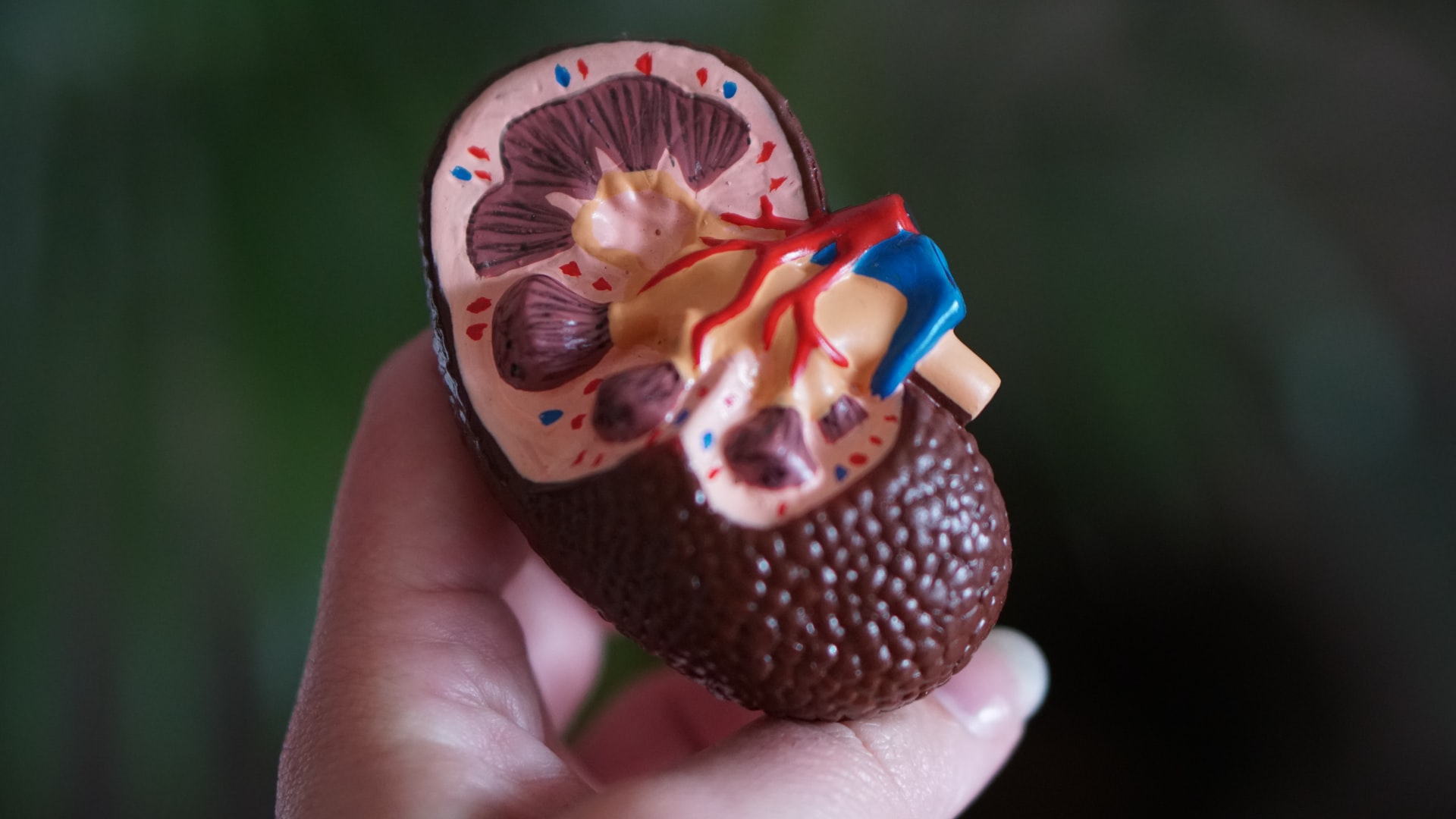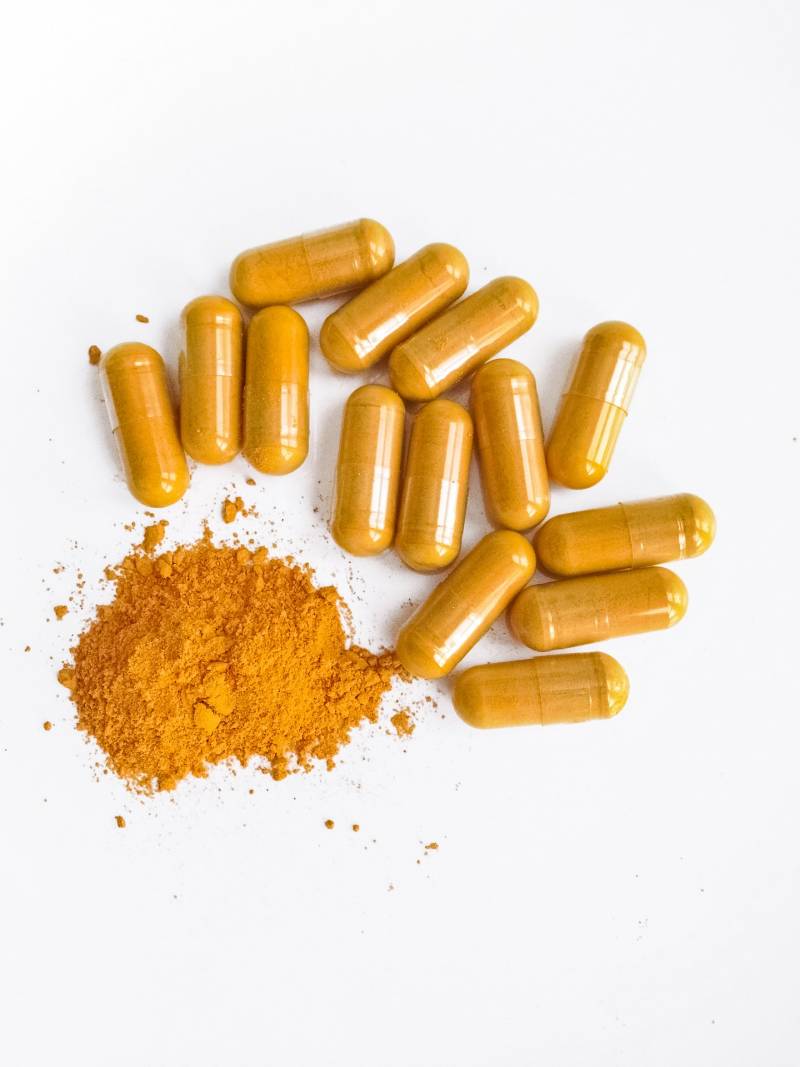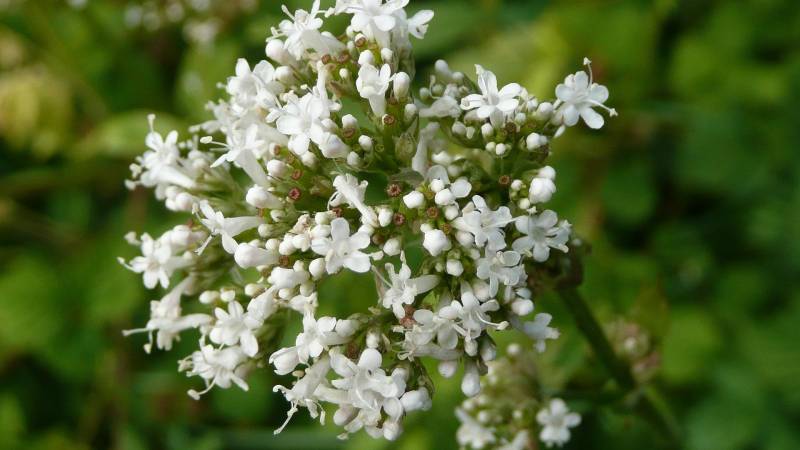Kidney stones are small, hard deposits that form in your kidneys. They are made up of minerals and salt deposits that build up over time. Kidney stones can be very painful, and if they become lodged in your urinary tract, they can cause serious problems.

There are a few things you can do to help prevent kidney stones. First, be sure to drink plenty of water every day. This will help your kidneys flush out excess waste and keep them working properly. You should also reduce the amount of salt you consume, as kidney stones are often caused by too much salt in the diet.
If you have already developed kidney stones, there are medications that can help relieve some of your pain and make passing the stone easier. You may also need to go on a low-oxalate diet for a period of time, which limits the types of foods and drinks you can have. Your doctor can give you more information about this type of eating plan.
In most cases, kidney stones pass easily through your urinary tract with little or no pain. However, if they become lodged, they can cause severe pain and other complications. If you think you have a kidney stone, it is important to see your doctor as soon as possible so he or she can help determine the best treatment for you.
If you are concerned about developing kidney stones or would like more information on how to treat them, speak with your doctor. They will be able to provide guidance and advice that is specific to your situation. With treatment and some simple lifestyle changes, you will be able to manage your condition effectively.
Types of kidney stones:
There are a few different types of kidney stones, each made up of slightly different substances. The most common types include calcium oxalate, uric acid, and struvite stones:
Calcium oxalate: These stones form when there is an excess amount of calcium and oxalate in your urine. Oxalate can be found in many foods such as chocolate and nuts, but it can also come from taking certain medications or supplements. Struvite: These stones generally develop when you have a urinary tract infection that is not properly treated. They are usually large and very painful to pass through the urinary tract. Uric acid: This type of stone forms due to high levels of uric acid in the blood. Uric acid is a waste product that is produced when the body breaks down purines, which are found in many foods.
Kidney stones can range in size from very small (less than 5 millimeters) to extremely large (up to 3 centimeters). Stones that are larger than 2 centimeters generally require treatment to be removed.
Symptoms of kidney stones:
The most common symptom of kidney stones is severe pain in the back or side. This pain usually comes on suddenly and can be so intense that it interferes with your daily activities. Other symptoms may include:
Nausea and vomiting Blood in your urine urinary frequency or urgency Fever and chills Cloudy or foul-smelling urine Burning sensation during urination
If you think you may have kidney stones, it is important to see your doctor right away. He or she will ask about your symptoms and perform a physical exam. Your doctor may also order blood and urine tests to check for the presence of stones.
Imaging tests, such as an ultrasound or CT scan, may also be ordered to get a better look at the stones. These tests can help determine the size, shape, and location of the stones.
Treatment for kidney stones:
The best way to treat kidney stones depends on their size, location, and type. Smaller stones (less than 5 millimeters) that are not causing pain or other symptoms can usually be passed through the urinary tract on their own.
If you have larger kidney stones or symptoms caused by a stone, your doctor may propose one of the following treatments:
Medication: Medications can help to relieve pain and encourage the passage of smaller stones. Surgery: Most often done as an outpatient procedure in which the surgeon makes a small incision in your back and uses instruments to remove the stone. Shockwave lithotripsy : A high-energy shockwave is directed at the stone to break it into tiny pieces that can be passed through urination. Ureteroscopy with Fragmentation : The surgeon inserts a small scope through your urethra and bladder into the ureter where they break up large kidney stones with small instruments that look like tweezers.
Preventing kidney stones:
Maintaining a healthy weight is one of the best ways to prevent kidney stones. If you are overweight, losing as little as 5-10% of your body weight can lower your risk for developing stones. Your doctor may also suggest avoiding excessive alcohol intake and eating fewer food products that contain oxalate. They may also limit or stop the use of medications that increase stone risk such as vitamin C supplements, aspirin, and other blood-thinning drugs. Remember to talk with your doctor if you have any concerns about kidney stones or would like more information on treatment options available to you.
Cranberry juice is a wonderful natural remedy for kidney stones. By drinking at least one eight ounce glass of unsweetened cranberry juice each day, you can prevent calcium oxalate stones from forming. Cranberries contain a substance called hippuric acid, which helps to reduce the amount of uric acid in your urine and also prevents crystals from forming.
Cranberry juice should be drunk in moderation, however, because too much acidic fruit juice can make your symptoms worse. Instead of drinking straight cranberry juice, dilute it with water or orange juice if you find that the taste is too strong.
In addition to drinking cranberry juice, there are many other things that you can do to help prevent kidney stones from developing again in the future. If you have a history of kidney stones, consider the following:
- Drink at least six eight ounce glasses of water each day.
- Limit your intake of foods high in oxalate such as spinach, rhubarb, nuts and chocolate.
- Increase your dietary intake of calcium by eating more leafy green vegetables, dairy products and sardines.
- Reduce your salt intake by avoiding fast foods and processed foods.
If you suffer from recurring kidney stones or would like more information on how to treat this painful condition, schedule an appointment with us today so we can provide you with all the help that you need!
Apple cider vinegar has long been used as a folk remedy for kidney stones. The acetic acid in apple cider vinegar is thought to promote the dissolution of kidney stones and help to flush them out of the body. To use this remedy, mix two tablespoons of apple cider vinegar with eight ounces of water and drink three times a day until your symptoms have resolved.
Lemon juice is another effective natural remedy for kidney stones. Lemons are rich in citric acid, which helps to break down calcium deposits and promote the elimination of stones from the body. Simply mix the juice of one lemon with eight ounces of water and drink it three times a day until your symptoms have subsided.
Soda bi carb, also known as baking soda, is a popular home remedy for kidney stones. The alkalizing effect of baking soda is thought to help dissolve kidney stones and prevent their formation. To use this remedy, mix one tablespoon of baking soda with eight ounces of water and drink it every day until your symptoms have resolved.
Kidney beans are a rich source of fiber and can help to promote the elimination of kidney stones from the body. For this reason, they make an excellent addition to the diet for people who are susceptible to stone formation. Simply cook up a batch of kidney beans and add them to your favorite salads or dishes throughout the week.
Asparagus is another food that can help to prevent kidney stones. This vegetable is rich in asparagine, which is a natural diuretic that helps to flush out the kidneys and prevent the formation of stones. Add asparagus to your diet by including it in salads, stir-fries or simply steaming it and serving it as a side dish.
Watermelon is a refreshing summer fruit that can also help to prevent kidney stones. Watermelons are 90% water and contain citric acid, which helps to break down stones and promote their elimination from the body. Eat watermelon regularly during the summer months or juice it and drink it throughout the year to help keep kidney stones at bay.
Finally, remember that prevention is always the best medicine when it comes to kidney stones. If you are susceptible to stone formation, make sure to follow a healthy diet and drink plenty of water to keep your kidneys in optimal health. With these simple lifestyle changes, you can reduce your risk of developing kidney stones and enjoy better overall health.
References:
1. https://www.ncbi.nlm.nih.gov/pubmed/16619120
2. https://www.ncbi.nlm.nih.gov/pubmed/15657417
3. https://www.ncbi.nlm.nih.gov/pubmed/16777503
4. https://www.ncbi.nlm.nih.gov/pubmed/12480795
5. https://www.ncbi.nlm.nih.gov/pubmed/19335713
6,7,8,9,10. https://umm,kidney stones overviews-treatment-prevention
11,12. https://www.mayoclinic.org/diseases-conditions/kidney-stones/symptoms-causes/syc-20355755
13,14. https://www.webmd.com/men/features/kidney-stones-overview-facts
16. https://www..nlm..nih./medline plus/ency/article/-000497.htm
17. https://www..nlm..nih./medline plus/ency/patient instructions/-000502.htm
18. https://www..nlm..nih./medline plus/tutorials/preventing kidney stones/
19. https://www..nlm..nih ./medline plus/magazine/-000513.htm
20. https://www..nlm ..nih./medline plus/ency /article /-000514.htm



